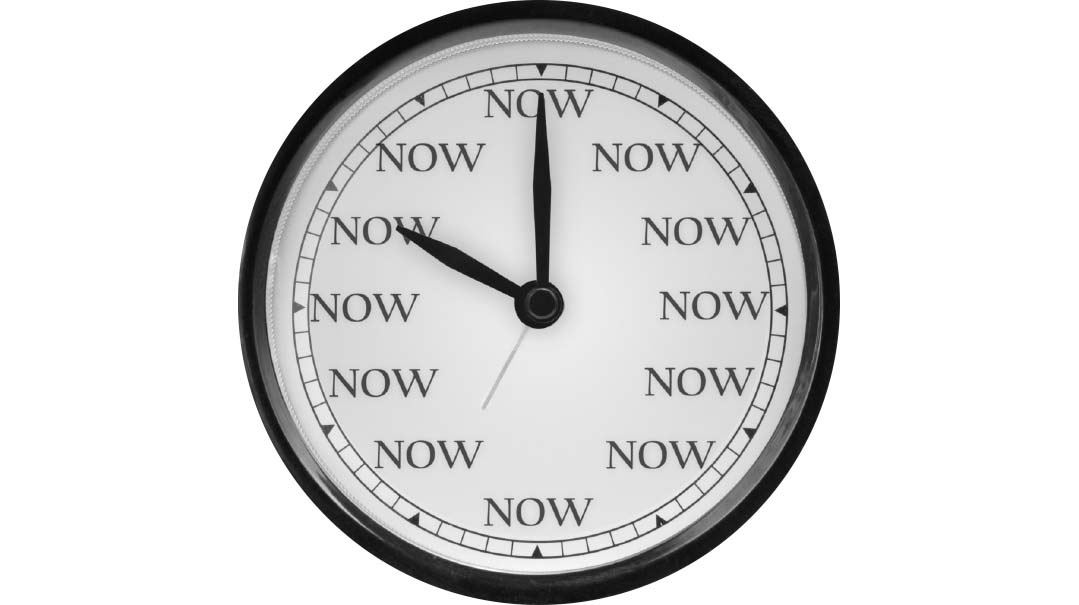Can I Be Calm if He’s Anxious?
| February 8, 2022What happens when your spouse lives with anxiety — the type that can sometimes feel crippling to both of you?

Can I Be Calm if He's Anxious?
Abby Delouya B.A., B.Ed., RMFT-CCC
Before getting married, kallahs have starry-eyed dreams about all the ways they’ll enjoy supporting their husbands. “It will be so fun to prepare us breakfast in the morning, or to write a little note to leave in his lunch bag…” What happens, though, when supporting your spouse isn’t nearly as easy as flipping some pancakes? What happens when your spouse lives with anxiety — the type that can sometimes feel crippling to both of you?
Anxiety disorders are common — approximately a third of people will experience some symptoms of anxiety throughout the course of their lifetime. Anxiety disorders or severe symptoms of anxiety are the most distressing for the people experiencing them. However, watching a loved one live with anxiety can leave a spouse feeling pained and powerless. There are two areas that need attending to: supporting your spouse and supporting yourself.
Support your Spouse:
1. Learn the signs: anxiety involves persistent worry, but shows up in a variety of physical symptoms; there may be trouble sleeping, stomach issues, pain, panic, existential concerns, and phobias. Learn about how anxiety shows up for your spouse so you can be better informed and prepared.
2. Communicate: Ask your spouse what would make him feel supported. Ask what he does and doesn’t feel comfortable with — talking about his fears may be helpful, but over-talking may exacerbate them.
3. Validate his distress: Even if those fears don’t make sense to you, your spouse’s body and brain won’t be able to hear that message. Anxiety and panic are often not rooted in a logical present. Instead, try validating statements like “I hear you’re feeling really scared and overwhelmed,” or “I totally get why that makes you feel so worried.” Validation doesn’t mean agreeing — it just means acknowledging the distress that’s being felt by your partner.
4. Remember you can’t cure him: Instead of trying to get him over it, come with the attitude of “I’m here with you through this.” Doing calming, anxiety-reducing activities together can help: meditating, mindfulness/breathing, and physical exercise are ways that you can show your support while helping him relax.
5. Go to couples counseling: Anxiety can have a big impact on a relationship. Anxiety often involves irritability, which can lead to increased tension and arguments. There’s also a link between depression and anxiety. Relationship counseling — even just a few sessions — can help ease tension, promote better communication, and focus on problem solving together.
6. Have fun: Spend enjoyable time with your spouse. Try to build on quiet, calm moments to create a stronger foundation you can lean back on when the anxiety is overwhelming.
Support Yourself:
1. Learn to detach with love: There may be times where your spouse’s anxiety feels suffocating — this is where you can detach with love. Take a break from the conversation, go for a walk, hang out with a friend and emotionally recharge.
2. Set boundaries: Being there for your spouse is important, however, it’s essential to be clear about your needs and schedule so that you can be fully present wherever you’re meant to be, and not feel pulled in different directions.
3. Encourage other supports: You don’t want to be the only support system for your spouse — encourage supportive relationships with rabbonim, friends, family, others who struggle with anxiety and, if needed, a therapist.
4. Practice gratitude: When the anxiety is looming large, it can be easy to forget about the great parts of your relationship. Write a daily gratitude list about all the ways your spouse is loving, supportive and important to you.
Abby Delouya is a licensed Marriage and Family therapist in private practice with a specialty in trauma and addiction. Abby lives in Monsey, NY and maintains her practice in Canada remotely.

The Time is Now
Shira Savit
We spend so much time waiting in order to feel better. Waiting to lose weight in order to be happier. Waiting to get into a good exercise routine in order to have more energy.
Instead of waiting for the happily-ever-after-ending, give yourself a taste of those end results now.
Want to feel happier? Focus on a moment of happiness, today. Want to have more energy? Think of one way to gain more energy this week.
Whatever your weight, whatever your goals, identify something you can change immediately.
Rewrite your story: start living with the benefits you deserve — right now!
Shira Savit, MA, MHC, INHC is a mental health counselor and integrative nutritionist who specializes in emotional eating, binge eating, and somatic nutrition. Shira works both virtually and in person in Jerusalem.

It’s Not the Wet Hair
Dr. Jennie Berkovich
Despite what your mother may have told you, being cold, not wearing a coat, and being outside with wet hair doesn’t make kids sick. Viruses tend to circulate more in the winter, and we usually spend more time indoors during cold months. Both realities result in more frequent illness during the winter.
Dressing warmly is a good way to stay warm and enjoy time outdoors. However, if kids refuse to put on the layers, no need to fight them. Continue to offer outerwear or leave them in backpacks during school days. When kids get cold, they’ll add layers on their own. Until then, encourage all outdoor play.
Dr. Jennie Berkovich is a board-certified pediatrician and serves as Director of Education for the Jewish Orthodox Women’s Medical Association (JOWMA) Preventative Health Committee.
(Originally featured in Family First, Issue 780)
Oops! We could not locate your form.






